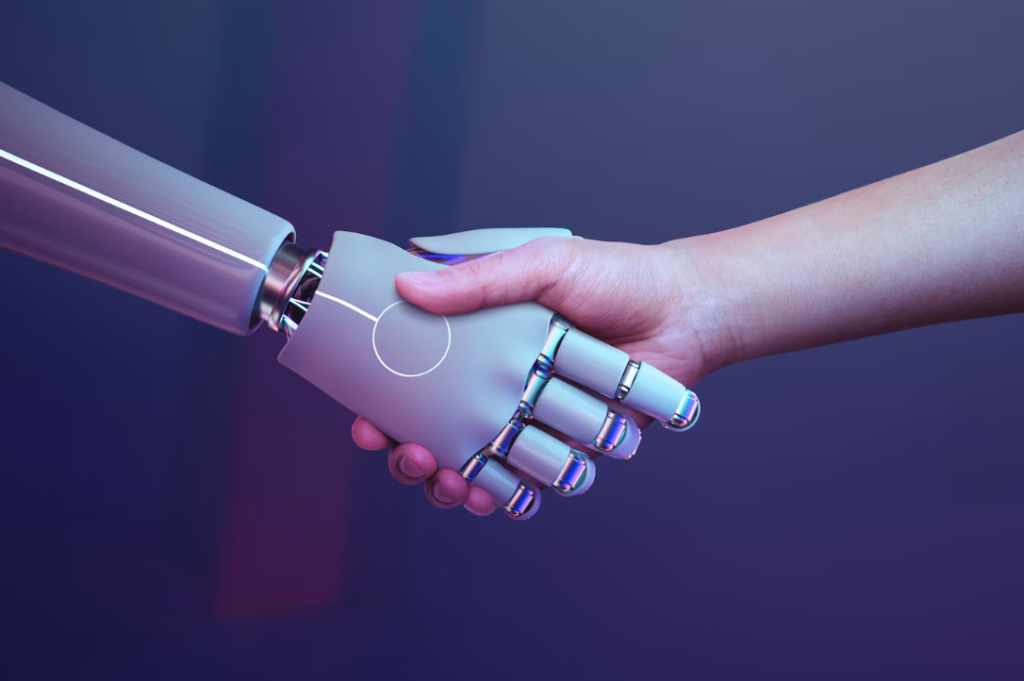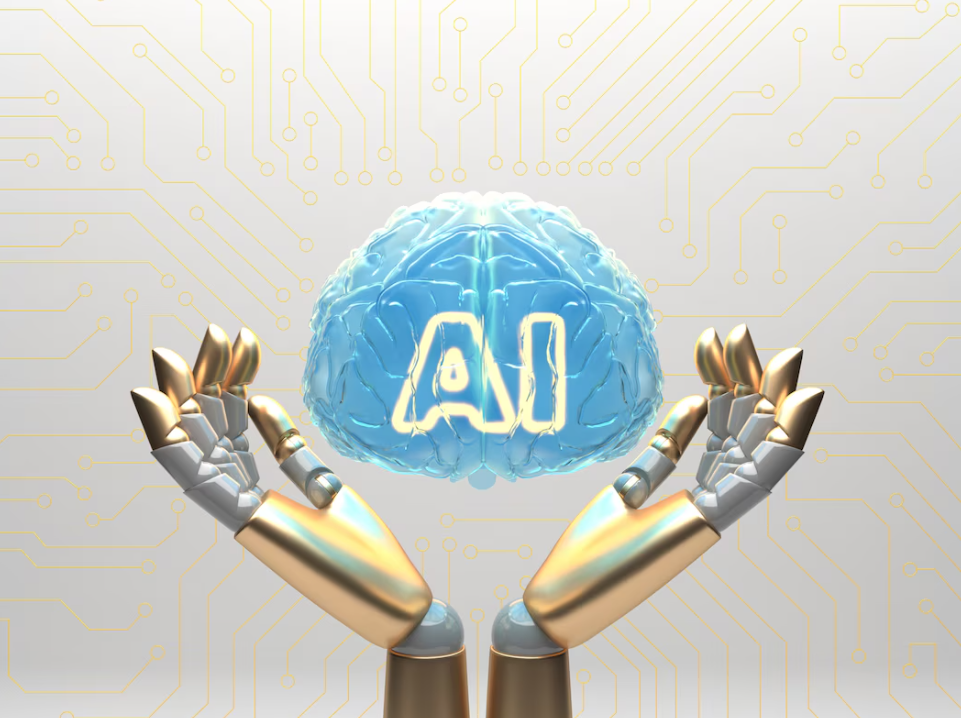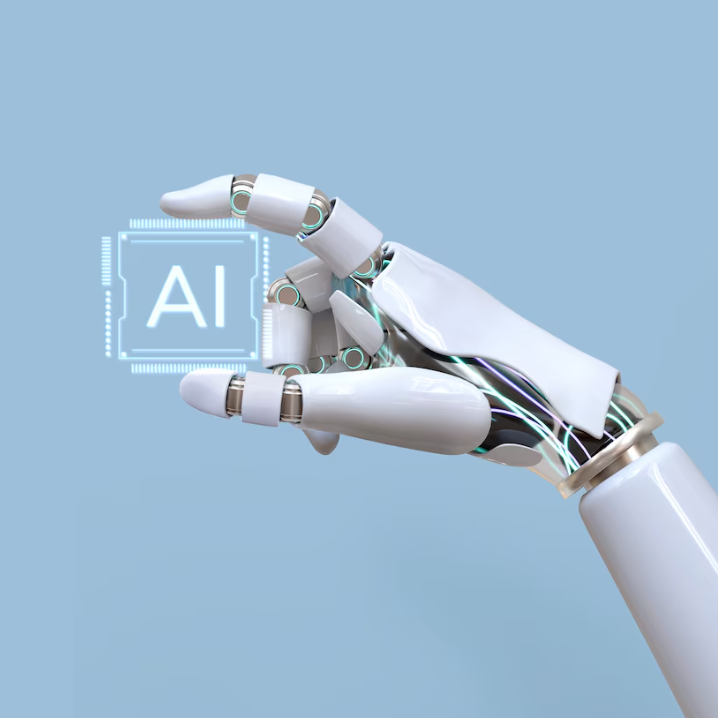In the past decade, few developments have sparked as much excitement—and concern—as the rise of AI. Once considered a far-off concept limited to science fiction, artificial intelligence is now a mainstream force transforming our world at lightning speed. From virtual assistants in our phones to algorithms predicting financial markets, AI has infiltrated nearly every aspect of modern life. This seismic shift isn’t just a trend—it’s a revolution.
The impact of artificial intelligence has been felt across industries. Within healthcare, AI is helping doctors make faster, more accurate diagnoses. When it comes to manufacturing, robotics powered by AI are boosting productivity and enhancing precision. Across the finance sector, AI algorithms analyze data and make split-second trading decisions, often outperforming human counterparts. Whether it’s automating mundane tasks or solving complex problems, AI is proving to be more than just a tech upgrade—it’s a transformational force.

Understanding the AI Boom
To understand why AI is on the rise, it’s important to look at the factors fueling its rapid growth. First, there’s the explosion of data. Every day, we create 2.5 quintillion bytes of data—more than ever before in human history. This data is the lifeblood of AI, feeding machine learning models and making them smarter over time.
Second, computing power has advanced dramatically. Tasks that once required supercomputers can now be done on consumer-grade hardware or in the cloud. This makes AI development more accessible, affordable, and scalable.
Finally, there’s increased investment. Tech giants like Google, Microsoft, and Amazon are pouring billions into AI research and applications. Startups focused on AI are also seeing record-breaking funding rounds. With so many resources being funneled into AI, innovation is accelerating at an unprecedented rate.
Everyday Applications of AI
The presence of AI in daily life is now hard to ignore. Voice assistants like Siri and Alexa understand natural language and respond to commands. Social media platforms use AI to recommend content based on your behavior. Even spam filters in your email are powered by AI algorithms that learn from past data.
One of the most transformative developments is in autonomous vehicles. Self-driving cars rely heavily on AI to interpret sensor data, make decisions, and navigate safely. While the technology is still evolving, it’s expected to redefine transportation in the near future.
E-commerce is another area where AI is making waves. From personalized shopping experiences to AI-powered chatbots providing 24/7 customer service, businesses are leveraging artificial intelligence to boost customer satisfaction and streamline operations.
The Rise of AI in the Workforce
While the benefits of AI are undeniable, they come with challenges—especially in the workforce. As machines become capable of performing tasks traditionally done by humans, there is growing concern about job displacement. Roles involving repetitive or predictable tasks are particularly vulnerable.
However, this shift also presents new opportunities. As the rise of AI continues, demand for AI-related skills is skyrocketing. Jobs in machine learning, data science, and AI ethics are emerging and evolving rapidly. Instead of replacing humans entirely, many experts believe AI will augment human capabilities, creating new hybrid roles that combine the best of both worlds.
To stay competitive, workers and companies alike must prioritize upskilling. Governments and educational institutions are beginning to recognize this, introducing AI-focused curricula and training programs aimed at preparing the workforce for a future driven by technology.

The Ethical Implications of AI
With great power comes great responsibility—and AI is no exception. As AI becomes more integrated into critical systems like law enforcement, healthcare, and finance, the need for ethical frameworks is becoming urgent. Issues like algorithmic bias, privacy concerns, and lack of transparency can have real-world consequences.
For example, facial recognition software has been criticized for inaccuracies, particularly when identifying people of color. Similarly, AI-driven hiring tools have sometimes been found to favor certain demographics over others, reflecting and perpetuating existing societal biases.
As the rise of AI continues, there’s a growing movement advocating for responsible AI development. Organizations and researchers are calling for fairness, accountability, and transparency in AI systems. Governments are beginning to propose regulations to ensure that AI technologies are used ethically and inclusively.
What the Future Holds
Looking ahead, the future of AI holds immense promise. In medicine, AI could lead to personalized treatments tailored to each individual’s genetic makeup. Climate science, it could help us better understand and mitigate the effects of global warming. Also education, AI tutors might adapt to each student’s learning style, creating more effective and engaging experiences.
But with all its potential, it’s crucial that we guide AI development thoughtfully. Striking a balance between innovation and caution will ensure that AI benefits society as a whole.
In conclusion, the rise of AI represents one of the most significant technological advancements of our time. With AI on the rise and the continued rise of the AI, we are standing on the threshold of a new era—one that could redefine every aspect of how we live, work, and interact. By embracing the opportunities and addressing the challenges head-on, we can help shape a future where AI serves humanity, not the other way around.

